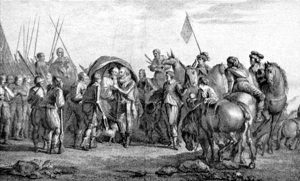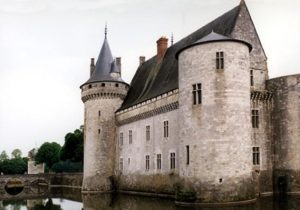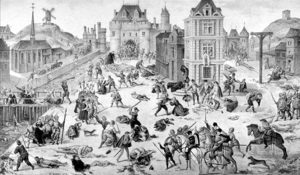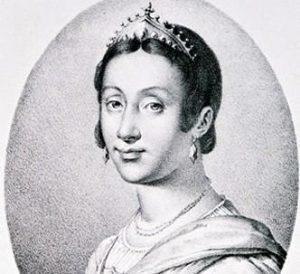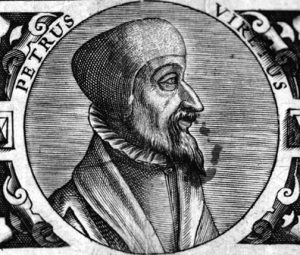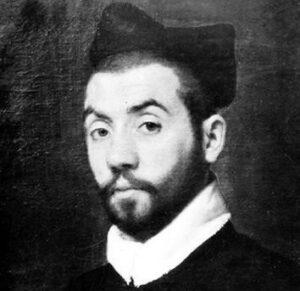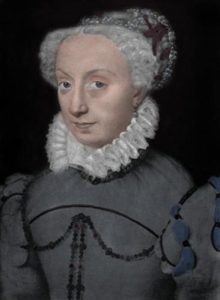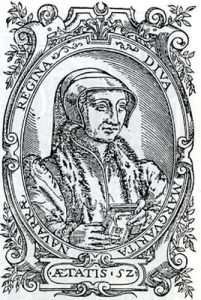The most faithful companion of Henri IV
Maximilien de Béthune was born in a Protestant family from northern France. He was still very young when, thanks to his school teachers who hid him in the Bourgogne College, he escaped the Saint Bartholomew’s day massacre (1572).
From very early on, he moved into the immediate circles of Henri de Navarre who was to become Henri IV. He followed him when the latter managed to flee the court in 1576. In 1590, he was seriously wounded during the eighth war of religion, at the battle of Ivry.
From the role of warrior to that of statesman
Immediately after the coronation of Henri IV, Maximilien de Béthune played a major political role in the latter’s entourage and thus began his career as a statesman. He was to become state councillor, member of the king’s council, superintendent of the royal properties, and – most important of all – superintendent of finance in 1596. His management of public money was strict, he penalised corrupt practices and lavishness and reduced taxes (“taille”). He favoured agriculture and claimed that « tillage and grazing form the State’s udder ». He encouraged efforts made by Olivier de Serres to breed silk worms. He did much to help recover the French economy so seriously drained by the religious wars.
He did not criticize the king for abjuring his faith but refused to do likewise. In 1599 he was appointed commander in chief of the artillery.
In 1606, Henri IV created the peerage dukedom of Sully for him.
His retirement
The king’s assassination in 1610 brought an end to de Bethune’s political career.
He was given the title of field-marshal by Louis XIII in 1634. He wrote his memoirs : les Économies royales.

